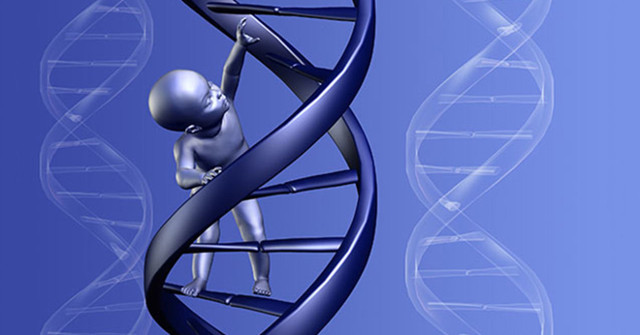Scientists identified 17 new genetic markers related to longevity
The results published in Aging NY confirm that many genetic variants - not one, are likely to affect human lifespan.
With new research, the number of genes we know affects the longevity has expanded, potentially paving the way for new therapeutic goals to prolong life in the future.
"These treatment goals may be related to inflammation and cardiovascular disease, reducing the risk of premature death and improving health," said Luke Pilling of the University of Wisconsin, in a statement.

To reach this conclusion, scientists have been searching the entire genome and genetic variants that have been affecting the life time of the participants. The team studied about 389,166 volunteers.
DNA samples taken from volunteers carry the genes of their biological parents and provide a realistic view to study longevity.
The researchers found that the genes involved in aging are in a 'frozen' state that other cells are easy to penetrate after being damaged, playing an important role in longevity.
Genes related to inflammation and genes involved in autoimmune function also stand out, opening a new era for accurate anti-inflammatory treatments, which may someday help to prolong age. life.
Leading researcher David Melzer, a professor at Exeter Medical University, said the study helped open up new treatments, but the role of genes that affect the risk of heart disease once again emphasized the importance. of controlling blood pressure and cholesterol levels in prolonging life.
"Of course, adopting a healthy lifestyle is very important, and can help overcome the negative effects of most genes found so far," Melzer said.
See more:
- Detecting many genes involved in a good immune response to flu vaccines
- Science proves: Children inherit intelligence from their mother, not from their father
- Find out the mechanism of mutation of strange genes leading to breast cancer causing fever